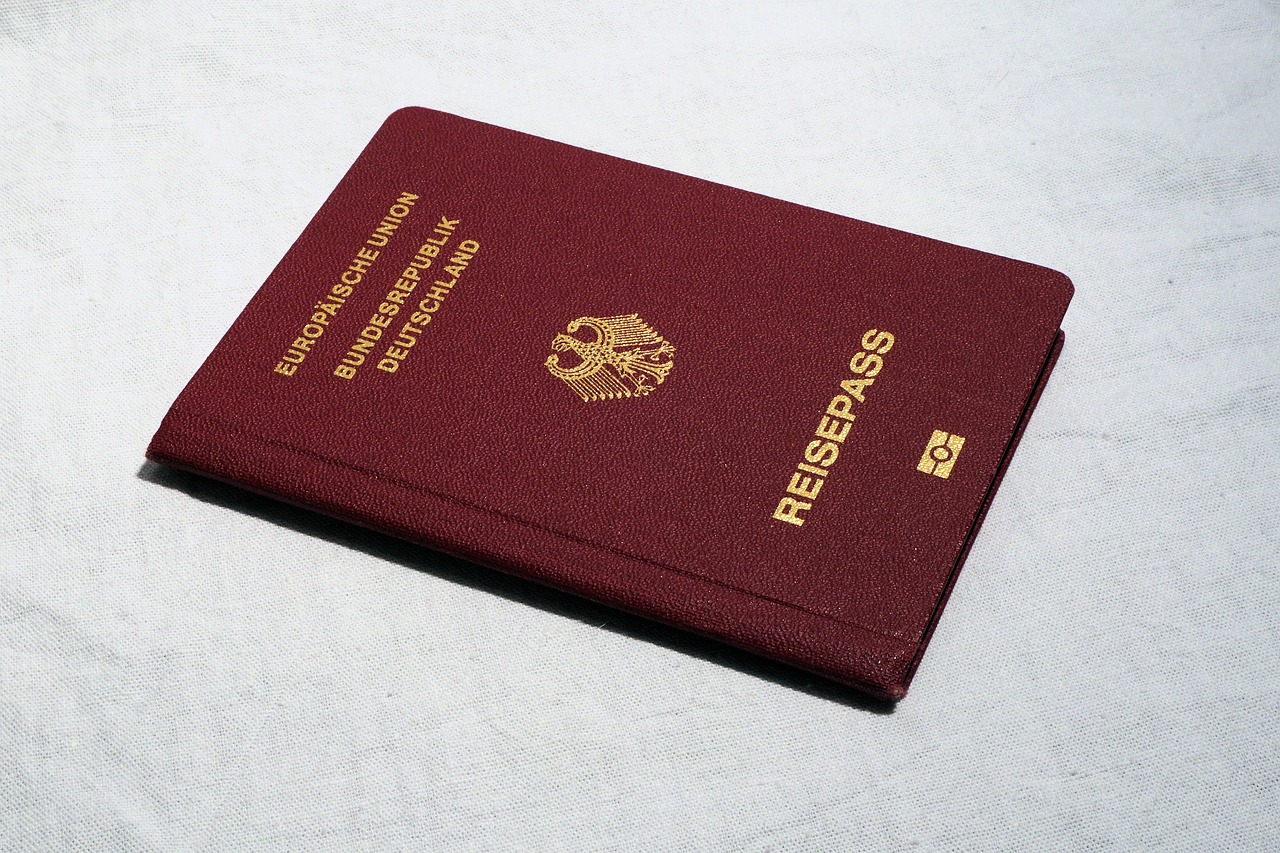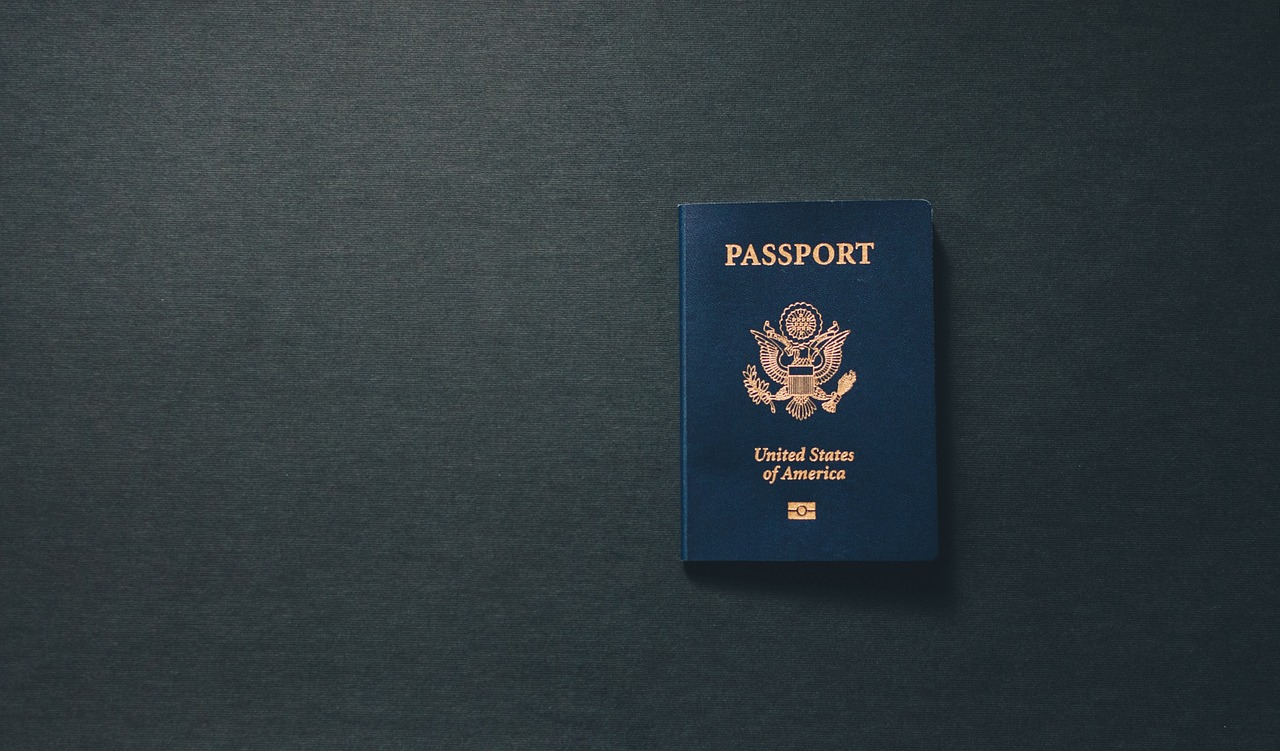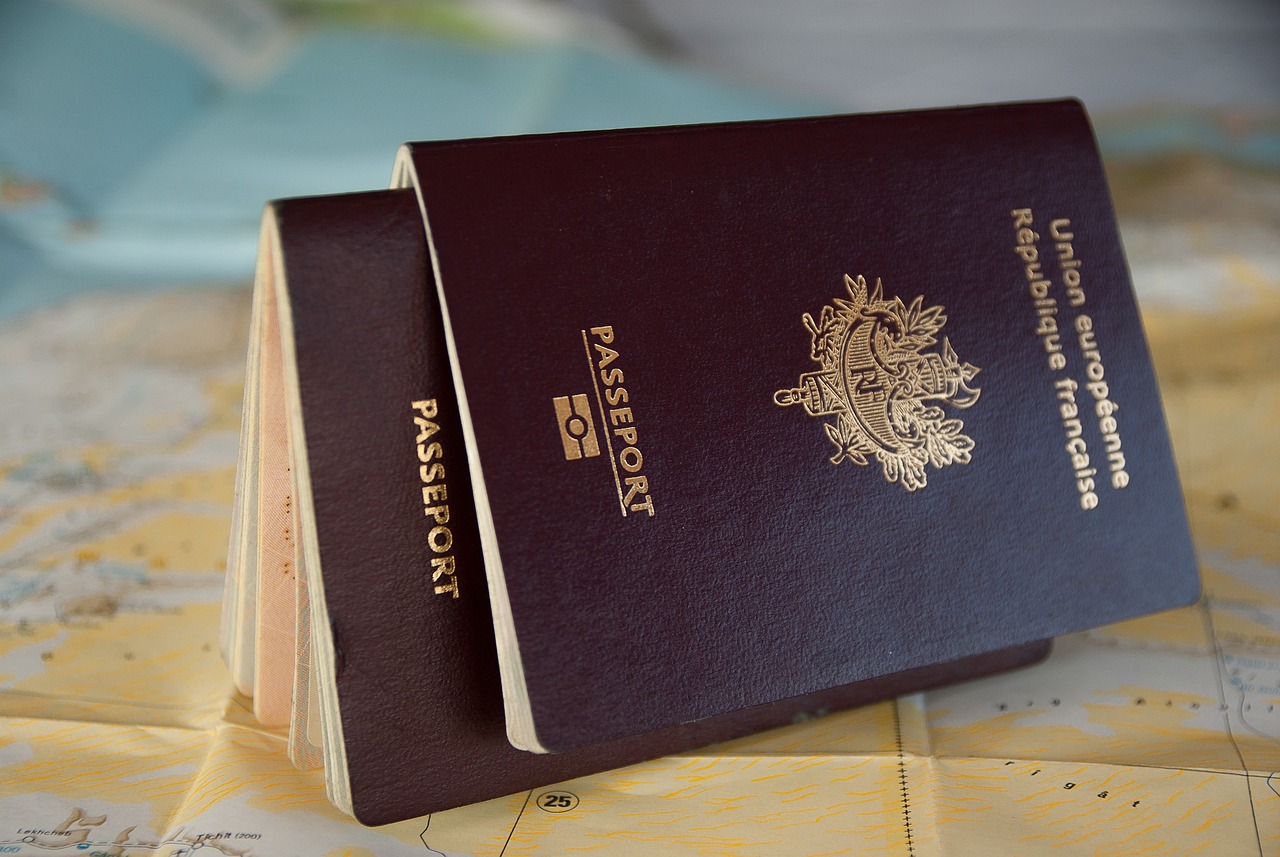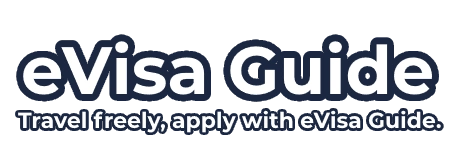Have you ever wondered what the difference is between a visa and a passport? These essential travel documents can often be confusing, especially for first-time travelers. Understanding the distinction between them can help streamline your travel plans and ensure you meet all necessary requirements.
Whether you’re planning an international vacation, a business trip, or a study abroad program, knowing the roles of passports and visas is crucial. Passports and visas serve different but complementary purposes, and both are often required for international travel. Let’s dive into the key differences between these two important documents.

Introduction to Passports and Visas
What is a Passport?
A passport is an official travel document issued by a government, which certifies the identity and nationality of its holder. It allows the holder to travel internationally and serves as identification in foreign countries. Passports contain personal details, including your name, date of birth, and photograph. They are typically valid for a set number of years, usually five to ten, and need to be renewed after expiration.
What is a Visa?
A visa is a conditional authorization granted by a country to a foreigner, allowing them to enter, remain within, or leave that country. Visas are usually stamped or glued into the passport and specify the duration of the stay and the purpose of the visit, such as tourism, business, or study. The validity of a visa can range from a few days to several months, depending on the type and the issuing country.
| Information | Description |
|---|---|
| Passport | Official ID proof issued by the government allowing international travel. |
| Visa | A stamp from a foreign country’s embassy or consulate that gives you permission to enter the country for a specific duration. |

Key Differences Between a Passport and a Visa
Definition and Purpose
The primary difference between a passport and a visa lies in their definitions and purposes. A passport is a national identification document that confirms your identity and citizenship. Its main purpose is to allow international travel and provide identification abroad. Conversely, a visa is an authorization from a foreign country granting you permission to enter and stay for a specified period. Visas serve as entry permits for specific purposes like tourism, work, or study.
Issuing Authorities
Passports are issued by the government of your birth country or current country of residence. They are a form of national identification. On the other hand, visas are issued by the embassy or consulate of the country you wish to visit. Each country has its own visa application process, and the requirements can vary significantly.
Validity and Duration
Passports generally have a longer validity period, typically lasting five to ten years before renewal is needed. In contrast, visas have shorter validity periods, ranging from a few days to several months, depending on the type and purpose of your visit. Visa durations are closely tied to the purpose of your travel, such as a 30-day tourist visa or a multi-year student visa.

Types of Passports
Regular Passport
A regular passport is the most commonly issued type of passport and is available to most citizens. It is used for general international travel and serves as proof of identity and citizenship. Regular passports are valid for up to ten years and must be renewed when they expire.
Service Passport
Service passports are issued to government officials and their dependents traveling for work-related purposes. These passports are distinct from regular passports and are meant for official travel only.
Diplomatic Passport
Diplomatic passports are provided to diplomats and their dependents for international travel and residence. These passports offer certain privileges and immunities not available to regular passport holders. Diplomatic passports are used for official diplomatic duties.
Emergency Passport
An emergency passport is a temporary document issued to individuals who have lost their passports or had them stolen and need to travel urgently. Emergency passports are typically valid for a short duration until a new regular passport can be issued.
Collective Passport
Collective passports are issued for group travel, such as school trips or organized tours. They allow multiple people to travel together under a single document. These are less common but can be useful for specific group activities.
Family Passport
A family passport is issued for one family and serves as a joint travel document. It allows family members to travel together under one passport, simplifying the travel process for families.
Refugee Travel Document
Refugee travel documents are issued to individuals under refugee status, allowing them to travel internationally. These documents are necessary for refugees who cannot obtain a passport from their home country.
Interpol Travel Document
Interpol travel documents are issued to Interpol officers for official travel. They facilitate the international movement of officers engaged in law enforcement activities.
Certificate of Identity
Certificates of identity are issued to individuals who are non-citizen residents and cannot obtain a passport from their home country. These documents serve as identification and allow for international travel.
Travel Permits
Travel permits are issued to residents of countries who cannot use their passports due to personal circumstances. These permits allow travel under specific conditions and are usually temporary.

Types of Visas
Tourist Visa
A tourist visa is issued for leisure travel and is usually valid for 30 to 90 days. It allows you to visit a country for tourism purposes but does not permit you to engage in work or long-term studies.
Transit Visa
Transit visas are short-term visas that allow you to pass through a country on your way to another destination. They are generally valid for up to 24 hours but can sometimes extend to a few days. Transit visas are essential for layovers in certain countries.
Business Visa
Business visas are granted for conducting business activities, such as meetings, conferences, or negotiations. They can last for several months and are critical for business travelers.
Medical Visa
Medical visas are issued to individuals seeking medical treatment in a foreign country. They are valid for the duration of the patient’s treatment and may require documentation from a healthcare provider.
Student Visa
Student visas are granted to individuals enrolled in educational programs abroad. These visas are valid for the duration of the study program and may include additional work permissions.
Work Visa
Work visas are issued to foreign nationals employed in a country. They are typically valid for the duration of the work contract but can be extended as needed.
Working Holiday Visa
Working holiday visas allow young people to work and travel in a foreign country for a limited time, usually one to two years. These visas are popular among young travelers looking to experience life abroad.
Pilgrimage Visa
Pilgrimage visas are issued for religious travels, such as pilgrimages to holy sites. They are granted for the duration of the religious event and may have specific requirements.
Retirement Visa
Retirement visas are issued to individuals of retirement age who wish to live in a foreign country. These visas often come with specific financial requirements.
Immigrant Visa
Immigrant visas allow individuals to gain permanent residency in another country. They are the first step towards citizenship and often require a lengthy application process.

Issuing Procedures
How to Obtain a Passport
Obtaining a passport involves submitting an application to the government agency responsible for issuing passports in your country. You will need to provide identification documents, photographs, and pay a fee. The process can take several weeks, so it’s essential to apply well before your planned travel dates.
How to Apply for a Visa
Applying for a visa typically involves submitting an application to the embassy or consulate of the country you wish to visit. You may need to provide a variety of documents, such as your passport, photographs, proof of purpose of travel, and financial statements. Some visas require an interview, and the processing time can vary widely.

International Travel Requirements
When Do You Need a Passport?
You need a passport whenever you travel internationally. It serves as your primary identification document and is required for entry into most foreign countries. Even if you’re traveling to a country that doesn’t require a visa, you’ll still need a valid passport.
When Do You Need a Visa?
You need a visa when the country you plan to visit requires one for entry. This requirement depends on your nationality and the purpose of your visit. Always check the visa requirements for your destination well in advance of your trip.
Countries with Visa-Free Travel
Some countries have visa facilitation agreements, which allow travelers to enter without a visa for short stays. Examples include countries within the Schengen Area, where citizens of member states can travel freely among them. Always verify the visa-free travel agreements applicable to your nationality.

Common Questions and Answers
What is the Strongest Passport?
The strongest passport in the world is considered to be the Japanese passport. It offers visa-free access to the most countries, allowing its holders to travel with ease.
What is the Weakest Passport?
The weakest passport is issued by Afghanistan, which allows visa-free access to only a few countries. Afghan passport holders face significant travel restrictions and often require visas for most destinations.
Which Countries are Easiest to Get a Visa?
Countries like Lithuania, Estonia, Finland, Iceland, and Latvia are known for having straightforward visa application processes. These countries offer relatively easy visa approvals, making them popular choices for travelers.
Which Countries are Hardest to Get a Visa?
Countries such as North Korea, Somalia, Afghanistan, Saudi Arabia, and Bhutan are notoriously difficult to obtain visas for. Stringent entry requirements and lengthy application processes make it challenging to visit these nations.

Additional Resources
Government and Embassy Websites
For the most accurate and up-to-date information on passports and visas, visit the official websites of your government and the embassies of the countries you plan to visit. These sites provide comprehensive guides on application processes, required documents, and fees.
Consulting with Immigration Experts
If you’re unsure about the visa or passport requirements for your travel plans, consider consulting with immigration experts. They can offer personalized advice and help navigate the often complex application procedures.
